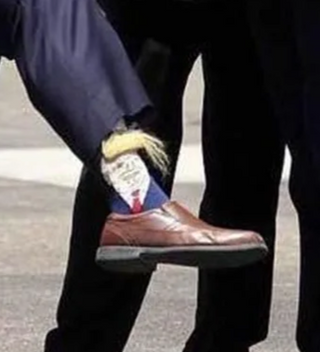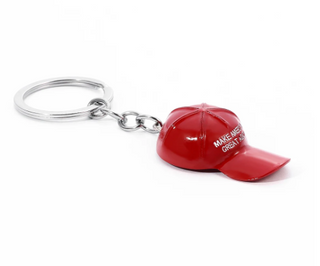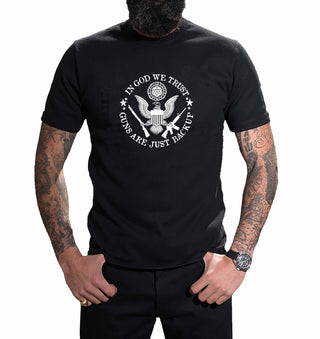During the E. Jean Carroll civil defamation trial in January, Judge Lewis A. Kaplan warned Donald Trump after Carroll's attorneys complained that he was frequently interjecting from the defense table, notably labeling the proceedings a "witch hunt."
"Mr. Trump, I hope I don’t have to consider excluding you from the trial," Kaplan stated, to which Trump retorted, "I would love it. I would love it." Whether Trump genuinely desires such an outcome is debatable, but it is clear that he risks significant sanctions as his first criminal trial unfolds. Despite some focus on his dozing off during the Manhattan hush money/election interference case, Trump's outspoken interruptions are proving to be potentially more significant.
These interruptions show no signs of stopping and could compel New York Supreme Court Justice Juan Merchan to make tough decisions about how to manage the high-profile defendant. Without appropriate sanctions, it might seem that Trump is receiving preferential treatment despite his claims of being victimized.
During the trial's proceedings, Trump displayed sarcastic laughter when Merchan mentioned his role in sentencing if Trump were convicted, and again when Merchan affirmed he would conduct a fair trial. On another occasion, Merchan admonished Trump for an interjection seemingly directed at a prospective juror, stressing that he would not tolerate any intimidation of jurors in his courtroom.
This behavior isn't new for Trump. It mirrors an incident from the end of his New York civil fraud case where he clashed with Judge Arthur Engoron after making an unexpected request to address the court. Engoron warned Trump to stay on topic, but eventually had to cut him off and urged Trump’s attorney to control his client.
The recurring issue is the challenge for the courts to manage such outbursts, which have severe implications. Merchan explicitly warned Trump, "If you disrupt the proceedings in any way, the law permits the court to exclude you from the courtroom and commit you to jail and continue the trial in your absence." Following through on this threat is fraught with both political and legal risks, particularly because in criminal proceedings, defendants have a strong constitutional right to be present.
The stakes are high as unruly behavior could potentially influence or intimidate jurors, directly affecting the outcome of the trial. Moreover, Trump's defiance against gag orders adds another layer of complexity to the trial, questioning the legal system’s capacity to manage his trial effectively amidst concerns over whether he is guilty.


















